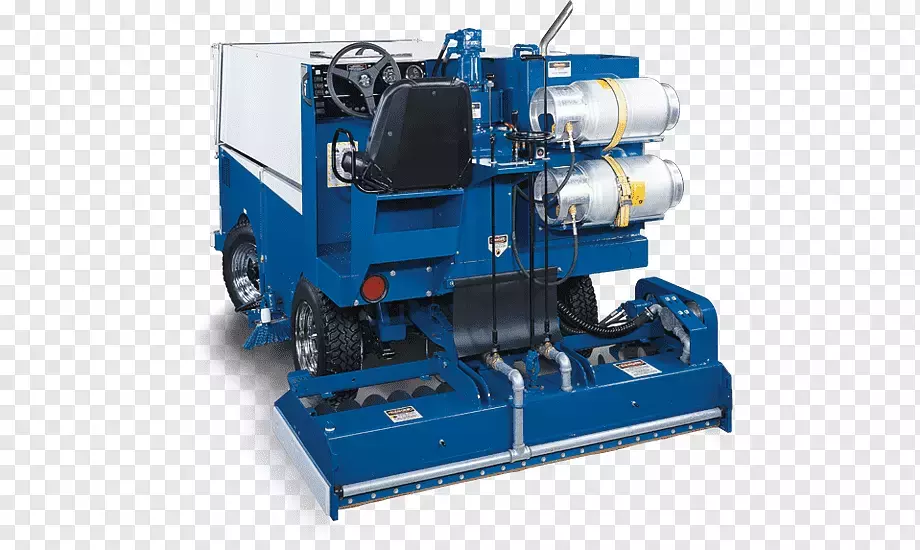Your car’s engine has a temperature sensor on the air intake, because it needs a certain fuel-to-oxygen ratio in the cylinder to ensure all of the fuel is ignited. Cold air is denser, so more fuel is injected in colder weather for the same volume of air. While accelerating, it won’t make much of a difference, but it would lead to decreased fuel mileage due to more fuel used while idling and coasting.
Yes. One aspect is high humidity, where there is more drag on the car because of the moisture in the air. Since Warren air has more capacity for moisture than low air, it means heat plays some factor in gas mileage.
I’m sure there’s tons of other factors that heat plays into as well, such as your engine running outside optimal temperature ranges or how much grip your tires have on the road.
Idk the science of it but only what I have observed. I live somewhere where it is ~20°F in winter and ~85°F in the summer. In winter I avg around 21MPG and in the summer I avg 23MPG.
with such a cold weather, the engine is going to take a while to reach ideal operational temperature, so running un-efficiently for a while. MPG change will be more noticeable if your commutes are short



